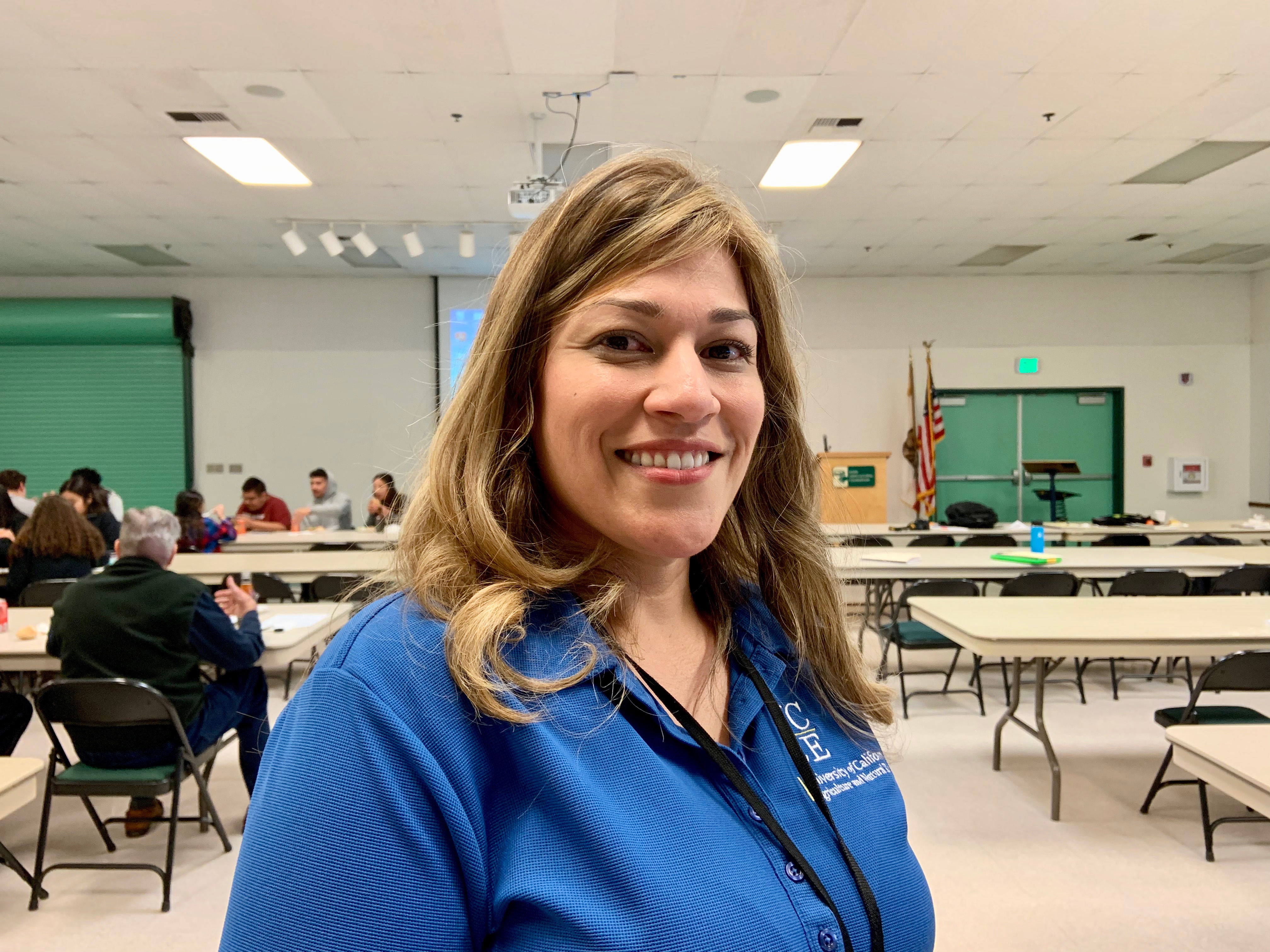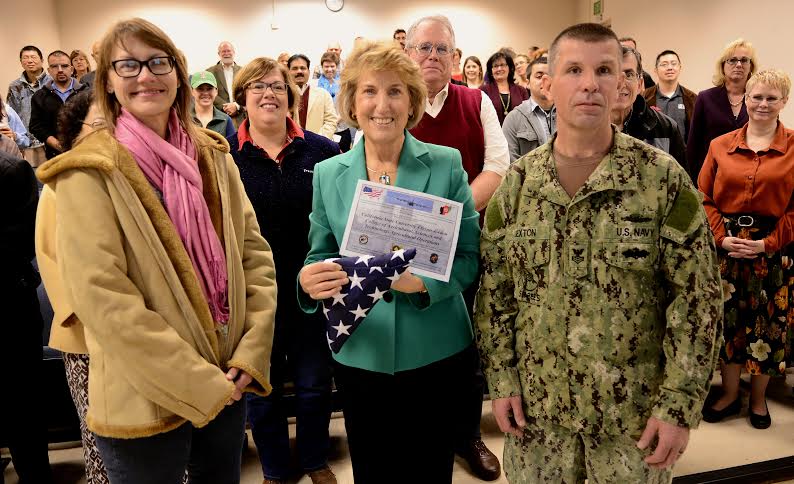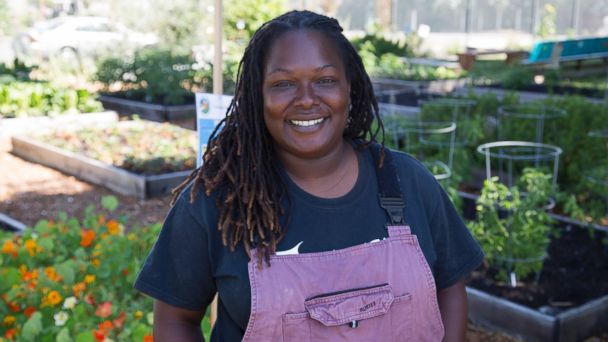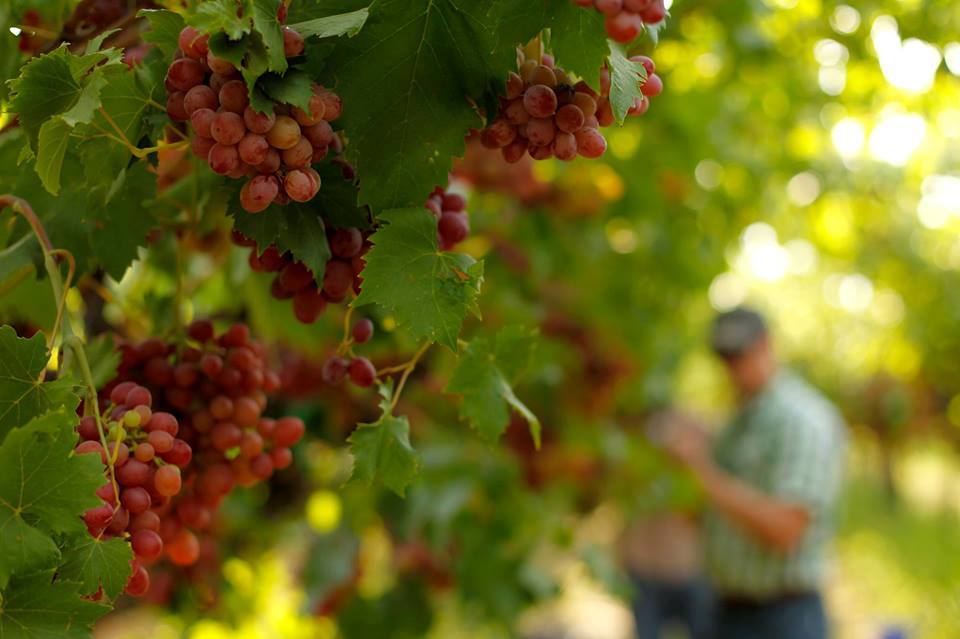Wasco High School Students Attend Bakersfield College
High School Students Gain Interest in Agriculture
By Patrick Cavanaugh, Editor
Sophia Marin is a lab assistant at UC Cooperative Extension Kern County, and she also is an adjunct professor at Bakersfield College in a dual enrollment program with Wasco High School. She is helping high school students attend Bakersfield college at the same time.
“The students are in the 11th grade, so by the time that they’re done with high school, they’ll have their high school diploma plus an Associate Degree from Bakersfield College,” Marin said. “They’re essentially doing two schools in one, and at the college, they attend lectures and they have a lab.
California Ag Today met Marin and her students at a California Fresh Carrot Advisory Board meeting in Kern County.
“We have been discussing different pathogens that affect plant growth. The carrot meeting was a great opportunity to actually hear the researchers, instead of reading a textbook and me going over it,” Marin said. “They got to see it real life, and I thought it would be a more memorable and something that they could grasp.”
Marin explained that since the students come from the rural area of Wasco, most have an interest in agriculture.
“And by the end of this next year, they will all receive an agricultural business degree from Bakersfield College,” she said.
“It will depend on them what the students do the degree. So whatever I can instill or spark in them to whatever career path they want to go to. It may be agronomy, pathology or research, it’s all on them,” Marin said. “It’s nice to open their eyes to see more.”
She noted that most of the kids have plans to go to a university. “I am very impressed with them. Some of the terminology that I mention, I might say I wonder if they know about this or that,” she said. “But they do know. When I’m speaking to them, they understand, and if they don’t, they will research an idea themselves. I am very impressed.”
“These students work very hard. They have weekend classes and summer classes. I am very proud of these students,” Marin said.





 “There are also a lot of opportunities in the industry other than starting your own farm,” Ryan pointed out. He
“There are also a lot of opportunities in the industry other than starting your own farm,” Ryan pointed out. He














